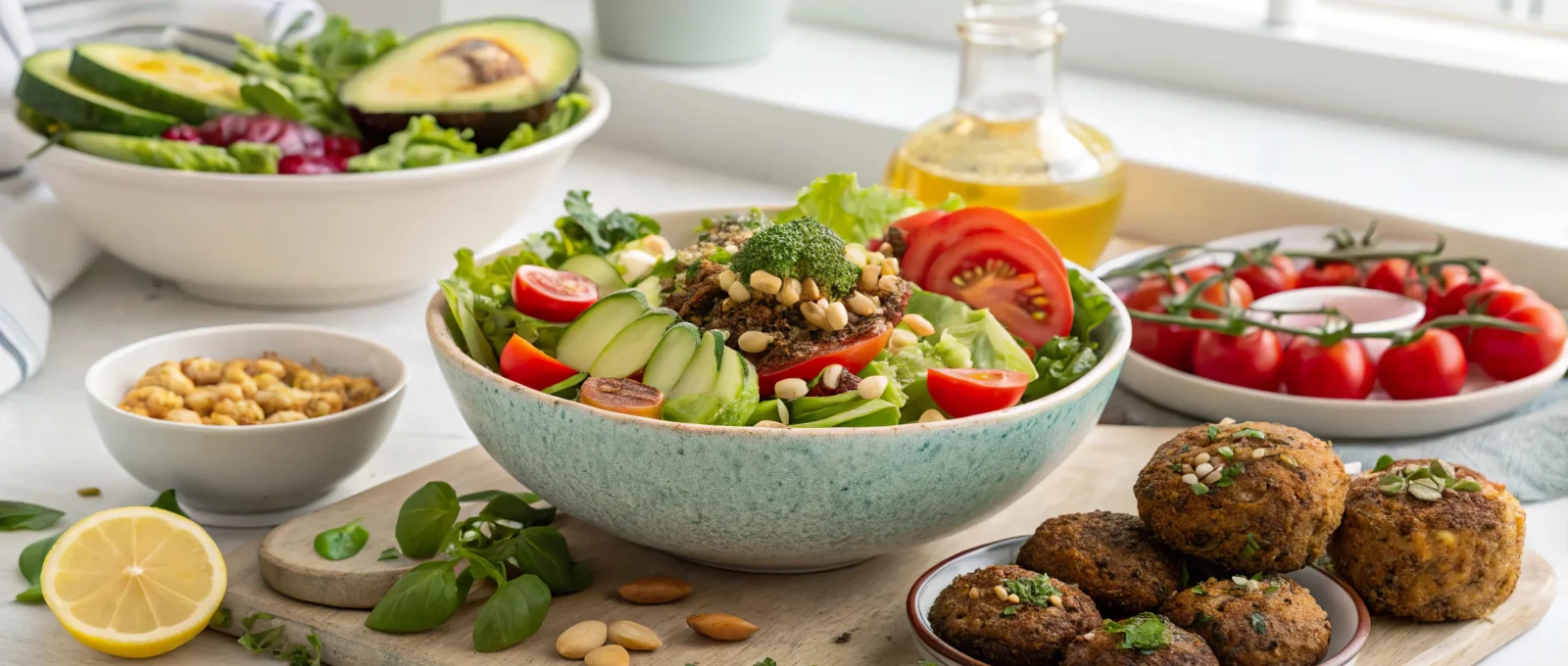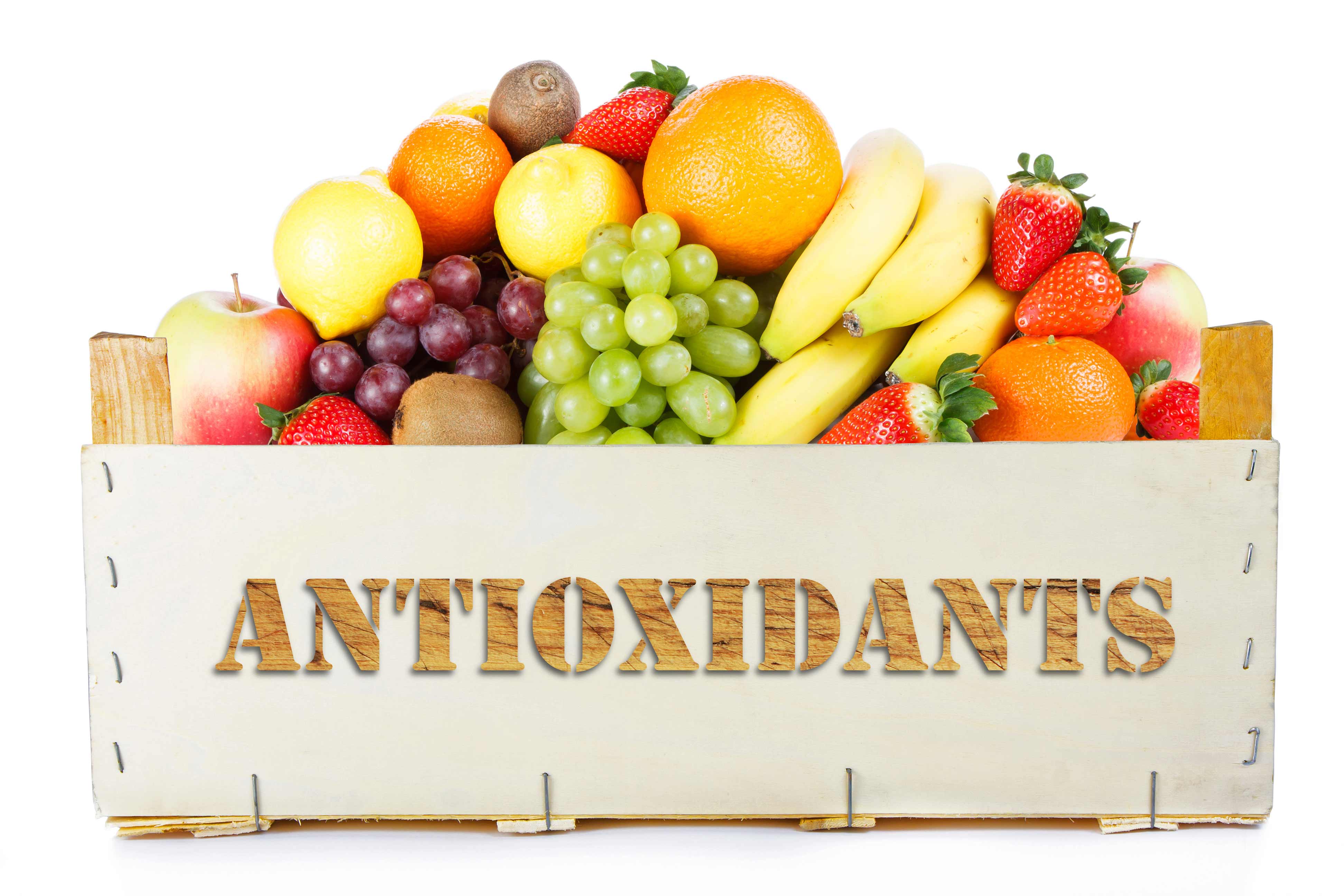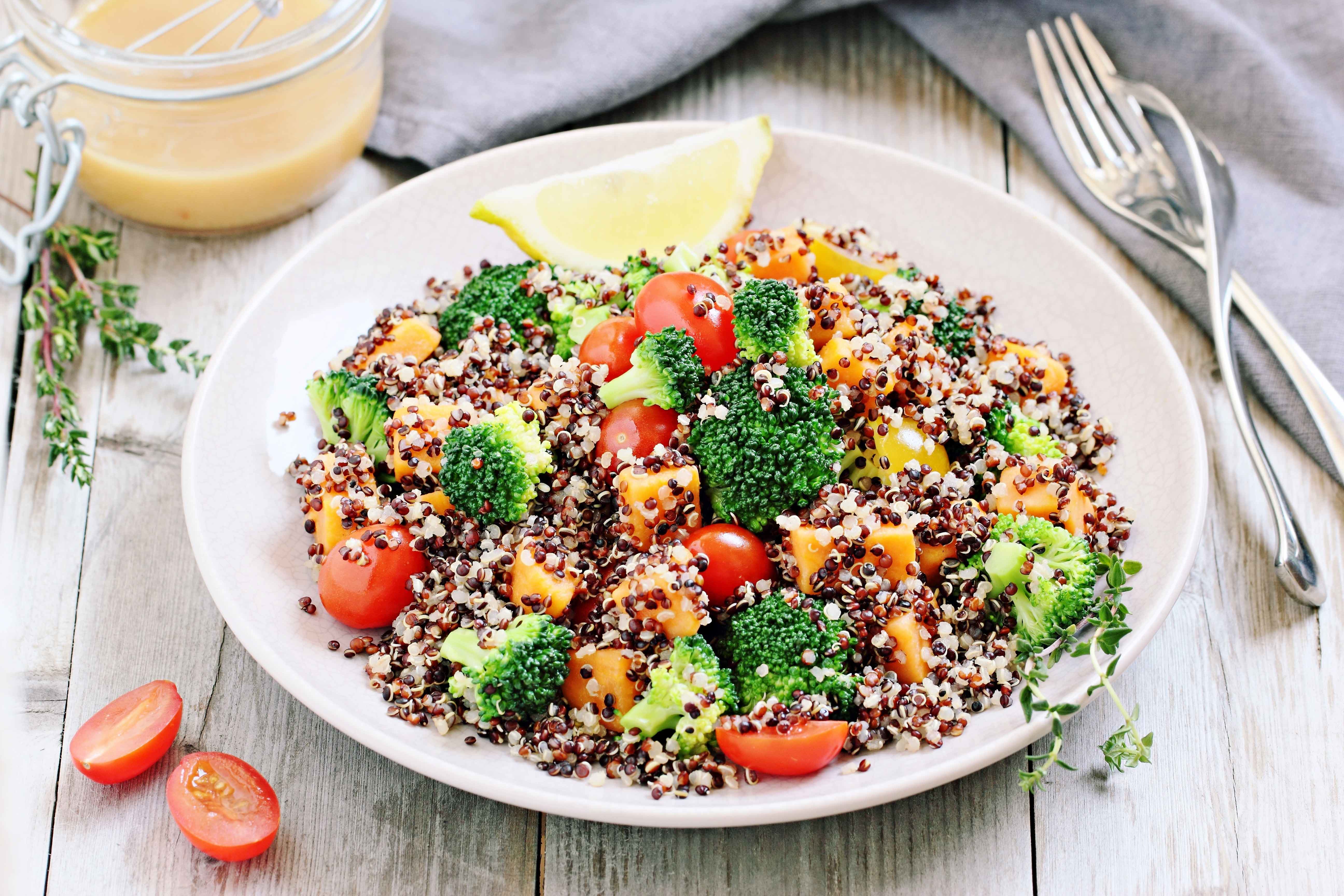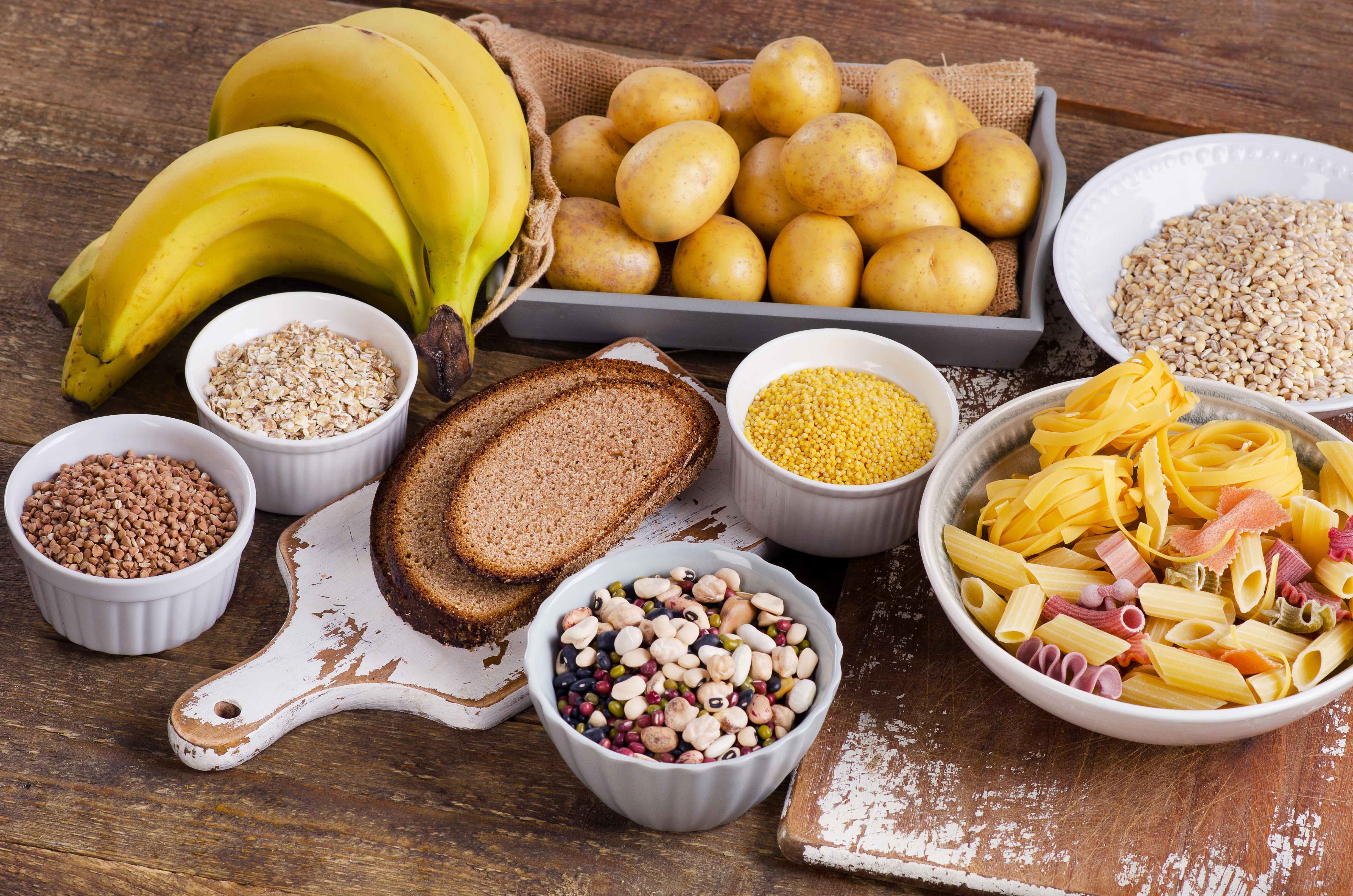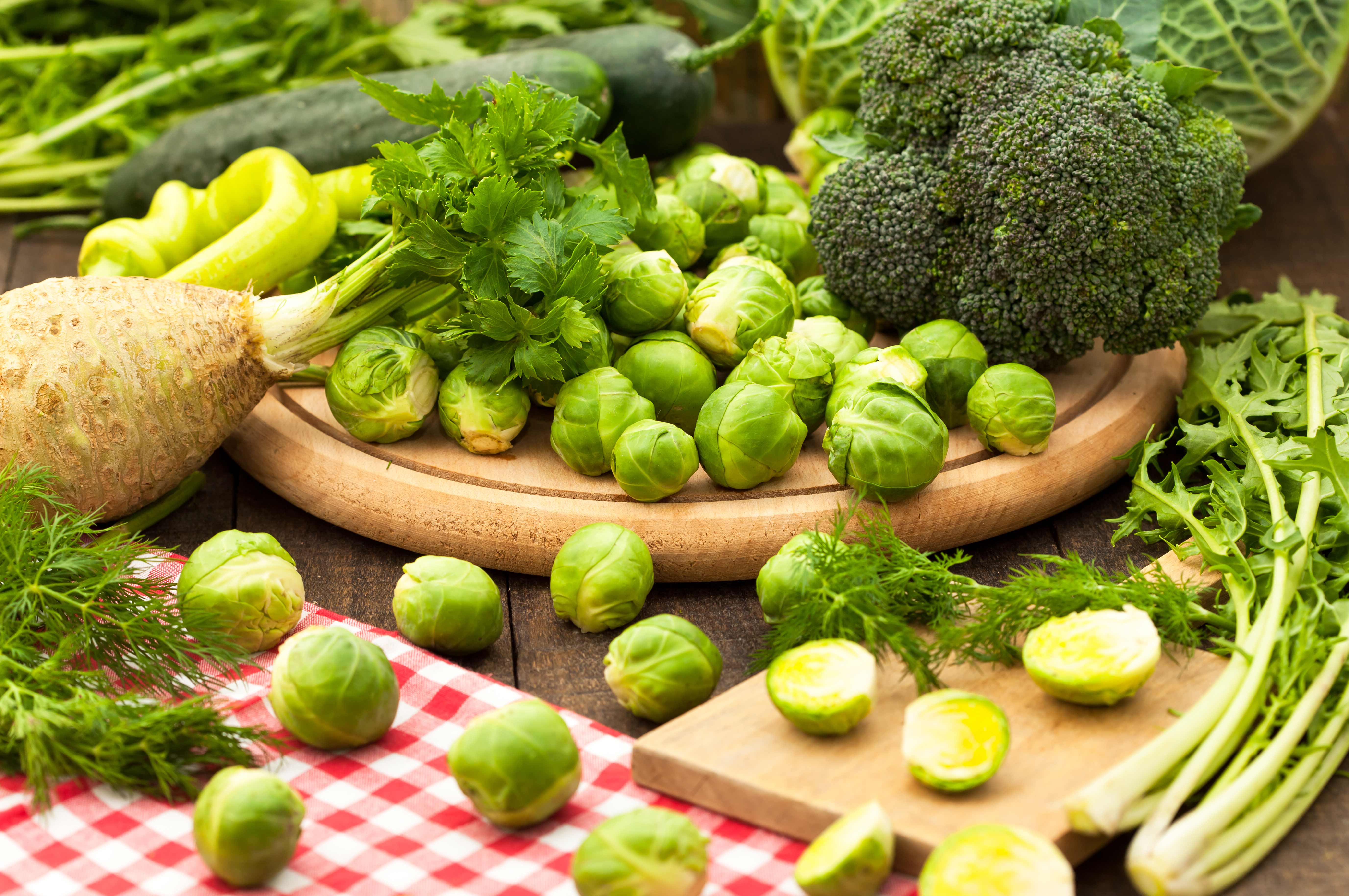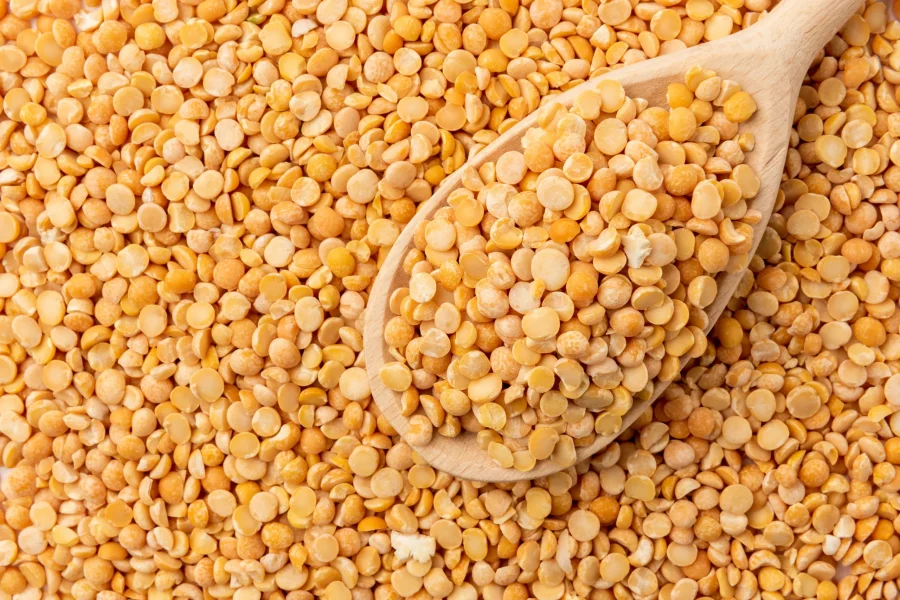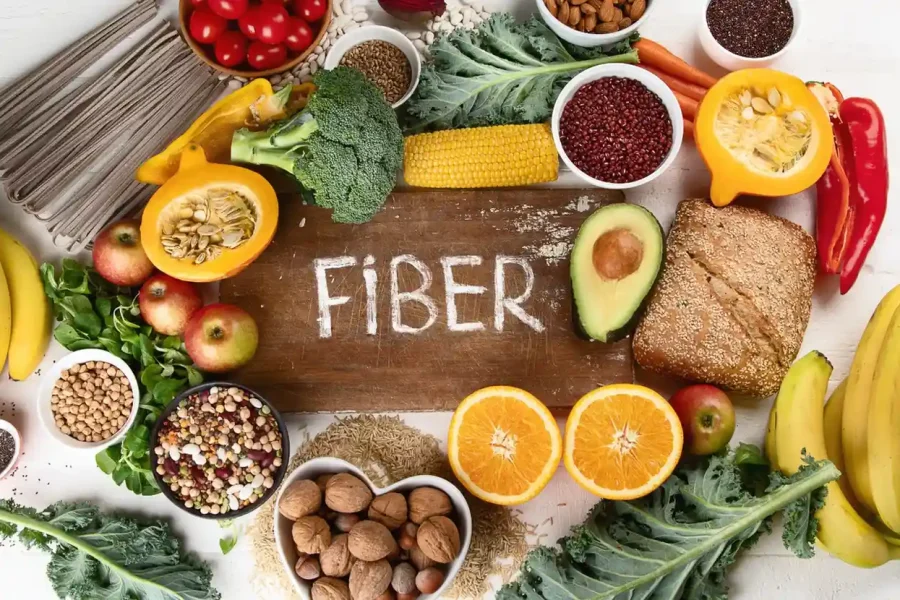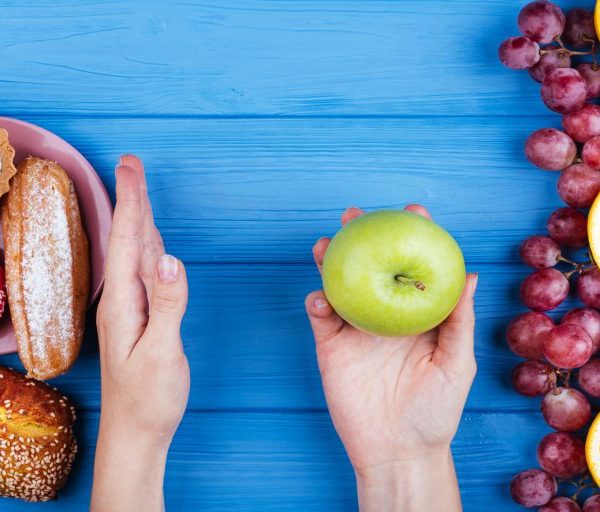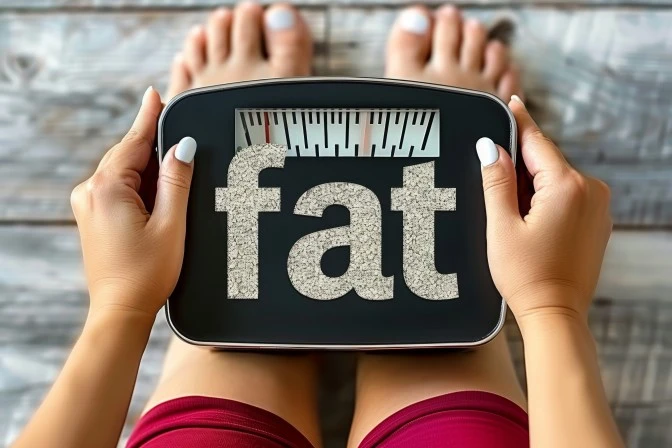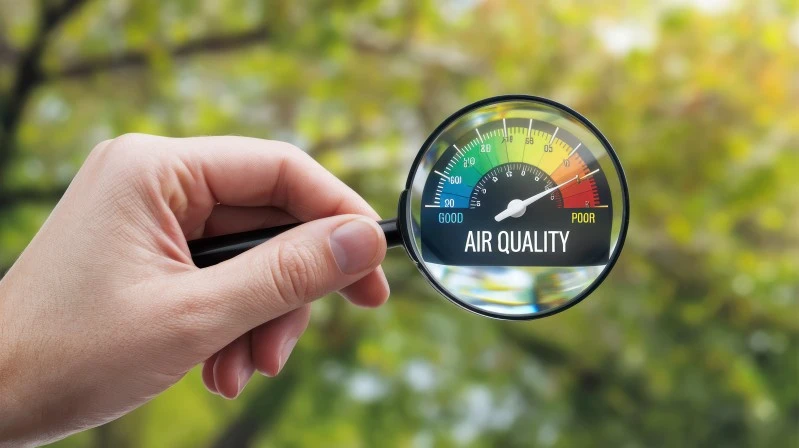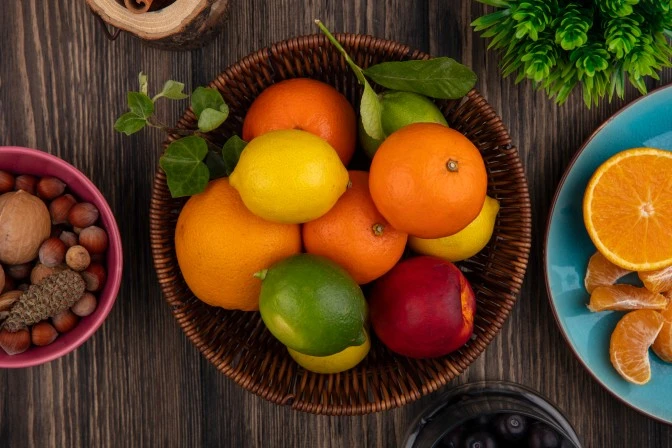What is a Plant-Based Diet?
A plant-based diet focuses on naturally sourced and minimally processed foods like vegetables, fruits, nuts, legumes and seeds. It excludes or minimizes animal-based products like dairy and meat. It is meant to increase the intake of whole foods and minimize processed food and not to be confused with veganism. A plant-based diet for weight loss is highly recommended for people who are dealing with obesity. Let us learn how a plant-based diet can make a difference to your weight and overall well-being.
Can a Plant-Based Diet Help with Weight Loss?
A plant-based diet is nutrient rich, low in calories and high in fiber and water. A nutrient rich light and hydrating diet keeps your energy levels in check all day and the fiber ensures regular bowel movement. Many studies show that people who follow a plant rich diet tend to have lower BMIs and lose weight faster compared to the people who practice traditional dieting techniques. A plant-based diet when compared to a conventional diet style also helps maintain balanced nutrient intake and reduces the risk of deficiencies.

Key Benefits of a Plant-Based Diet for Weight Loss
- High Fiber: One of the biggest pros of a plant-based diet is the high fiber content. The fiber in a plant-based diet aids digestion and helps with a regular bowel movement. High fiber is also known to lower cholesterol levels and with that the risk of heart diseases.
- Low calorie: Plant-based diets are low in calorie density, which means you can enjoy larger portions without consuming more than the recommended calorie intake for your body.
- Nutrient and antioxidant rich: nutrient packed foods fulfill your body’s requirements while antioxidants improve your metabolism boosting the body’s ability to burn fats.
- Low Glycemic Index: Plant rich diet is also low in glycemic index (GI), which means the food that you consume in a plant-based diet releases sugar in your blood stream slowly and steadily. Which keeps you feeling full for longer and prevents insulin spikes.
Foods to Eat on a Plant-Based Diet for Weight Loss
Whole Grains
For sustained energy throughout the day and fiber to keep you fuller for longer you must incorporate whole grains like brown rice, quinoa, steel-cut oats, barley, and whole wheat to your diet.
Vegetables & Leafy Greens
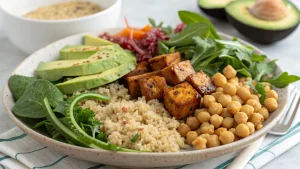
There is only one right way to do a plant-based diet and that is to include plenty of greens like spinach, kale, lettuce, arugula to your diet. Other non-starchy vegetables like broccoli, cauliflower, carrots etc. also must be included. They are rich in vitamins, minerals and antioxidants essential for our body to function.
Fruits
While fruits contain natural sugar, the fiber content in them balances it out. Choose fruits like berries, apples, pears, citrus fruits, etc. When on a plant-based diet, try to eat the rainbow!
Did you know? Our brain needs sugar to function properly, so doctors do not recommend completely cutting out sugar from your diet unless you have any specific conditions. Sugar from natural sources balanced with fiber is in fact recommended.
Legumes, Beans & Lentils
To promote satiety and to build that muscle you must include sources of plant-based protein and fiber in the form of beans, chickpeas, lentils, and peas.
Nuts & Seeds (in moderation)
Incorporate moderate quantities of nuts and seeds like almonds, chia seeds, pumpkin seeds, sunflower seeds and flax seeds, they add healthy fats, protein, and micronutrients to your diet.
Plant-Based Proteins (tofu, tempeh, etc.)
Complete protein sources like tofu, tempeh and edamame are essential to fulfil protein requirements and add versatility to your meals. They must be added to keep you feeling full and maintain muscle mass.
Foods to Avoid (or Limit) on a Plant-Based Diet
Processed Plant-Based Foods (mock meats, fried snacks)
Processed foods like vegan burgers, mock meats, fried snacks, and junk food should be avoided, as they are very high in sodium and preservatives and full of unhealthy fats.
Refined Carbs & Added Sugar
While sugar and carbs are an important portion of a balanced diet, you can get plenty of natural sugar and good carbs from natural sources. Avoid products like white bread, pastry, cereals, energy bars, sugary drinks that contain refined carbs and added sugar.
Excess Oils & Fats
Avoid saturated fat content like cooking in heavy oils and the use of oils like coconut, palm, and sunflower.
High-Calorie Beverages
Avoid beverages like alcohol and high calorie coffee drinks that add unnecessary calories.
Tips for Losing Weight on a Plant-Based Diet
Focus on Whole Foods
Give priority to whole foods over processed foods to pack your diet with nutrient rich low calorie food. Whole foods keep you fuller for longer and do not add too much to your calorie count.
Plan Balanced Meals with Protein
Taking time and planning your meals works wonders and helps you avoid any last minute binging on processed food. Thoughtfully planned meals during your weight loss journey must be heavier on protein and lower on carbs. This helps you maintain muscle mass while trimming excess fat.
Watch Portion Sizes
Even though a plant-based diet allows you some room to have bigger portions due to its low calorie effect, portions too big can lead to weight gain. Measured portions for your body type are ideal when you are on a weight loss journey.
Stay Hydrated
Dehydration can trick your body into feeling hungry when you are actually not. Keeping yourself hydrated is key to avoiding binging on junk. Hydration also aids your metabolism and flushes out toxins from the body.
Practice Mindful Eating
Practicing mindful eating helps, you savour every bite and makes you aware of your body’s needs. It helps you identify false hunger and aids metabolism.
5 Easy Plant-Based Meal Ideas for Weight Loss
Breakfast
Overnight oats topped with chia seeds, pumpkin seeds, fresh berries of your choice, and some almonds.
Lunch
Cold quinoa salad with kale, arugula, baby spinach, chickpeas, cucumber, cherry tomatoes, and a lemon-tahini dressing.
Dinner
Stir-fried tofu with broccoli, bell peppers, snap peas, and brown rice.
Snacks
Carrot sticks with hummus or a small handful of walnuts.
Smoothies
Frozen blueberries, raspberries, goji berries, strawberries, blended with plant-based protein powder and unsweetened almond milk.
Common Mistakes to Avoid
Overeating “vegan junk food”
Vegan doesn’t always mean healthy, over processed, vegan food comes under junk food and when on a plant-based diet you must avoid it.
Skipping protein sources
Protein is essential for our body to recover and build muscle. Going on a plant-based diet doesn’t mean skipping protein. You must add appropriate amounts of protein to your diet. Insufficient protein will decrease muscle mass and slow down metabolism.
Ignoring portion control
Large portions of seeds, nuts, grains, etc. will result in weight gain instead of weight loss. If you choose a plant-based diet to go on a weight loss journey, remember to balance your meals and not overeat.
Conclusion
A plant-based diet can help you lose weight in an effective and sustainable way when it focuses on whole, minimally processed foods, balanced protein intake, and mindful eating habits. Avoiding processed plant-based foods and controlling portions are essential to achieving your weight loss goals while enjoying the health benefits of a plant-based diet.
Frequently Asked Questions
Yes, by reducing overall calorie intake, improving metabolism, and eating high-fiber, nutrient rich foods, a plant-based diet can help reduce belly fat over time.
Weight loss varies by individual, set healthy goals for yourself depending on your body type.
Plant-based focuses on whole foods and fiber, supporting long-term health, while keto is high fat and low carb. Plant-based diets may have broader health benefits, but keto can also induce quick short-term weight loss depending on individual preferences.
It is best to consult a healthcare professional before you take any supplements.





 1800-270-7000
1800-270-7000

